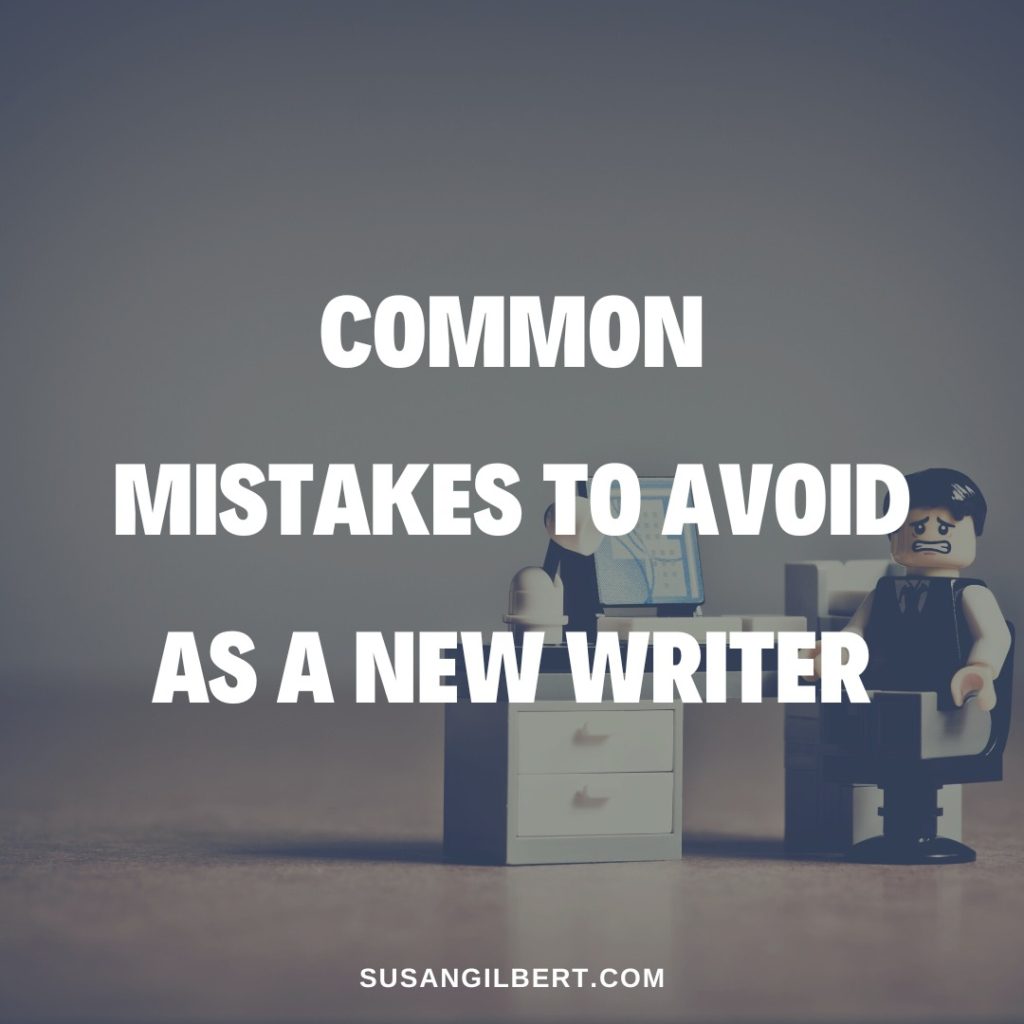
Have you ever written a manuscript only to say to yourself: “My idea started out so great. Now I don’t know what my book is about any more?”
Many first-time authors face this roadblock after pouring hours into their first draft. Thankfully this is not a setback; but, more of a learning lesson on how to improve the writing process moving forward.
Here are a few tips you can use to help make your book a success:
1. Determine the beginning
A strong initial sentence and paragraph are going to draw the reader in and tell them what your book is about.
After writing this, take a look at your first words and notice whether it is clear and focused.
If someone has to get through more than half the chapter to find out what the book is about, chances are they will never finish it.
The best way to start is to take something that is remarkable such as a quote or story that sets the stage and creates a desire to want to know more.
The key to finding this information is to start the process and then go over what you have written. What stands out the most? Do you need to dig deeper into other content in your outline and find something better?
This will help you determine whether the beginning of your book is going to hook the reader or not.
2. Be ready for a mental challenge
Writing an entire book for the first time is going to require laser focus and ‘dog-with-a-bone’ determination.
Find out when you are most creative and inspired. For some, this zone is in the mornings while others may be more engaged in the evenings. You know your physical and emotional high points best – the more tired you are and the less energy you have the harder you will find it to be creative and innovative.
I personally like to write in the early morning hours before the day begins. My thoughts are more clear, and I am not distracted by work and other things going on in my personal and work life.
Once you start typing you should be off to the races with fun and excitement rather that seeing your writing as a chore on your to-do list. Some find it helpful to take a long walk or exercise beforehand followed by a nutritious meal or shake. Whatever creates an optimal experience for you, go with that.
3. Read from your favorite authors
Sometimes all that we need to get started is a bit of inspiration from others. Who are your favorite writers? What is it that you like about their style and flow?
As you learn from others be sure to reflect your own voice and style while refining the technique.
Each author carries with them their own experiences, opinions, and personality. As you gain inspiration from them you will soon develop your own writing style.
The content that you put forth is unique to you – don’t try to copy others! It doesn’t matter if you have a big name or not. What counts it that your readers get to know you personally, which makes you stand out from the rest.
No matter what genre you are in you have a perspective that is unique to you. Always remember that when putting your thoughts down on paper.
Authentic, truthful communication will always be noticed. An author that copies others is soon detected and dismissed.
4. Make your topic clear
As with anything in life it will take regular practice in order to convey a message that everyone understands. You know your topic. You know your stories. True writing is when you can keep a beginner’s mind as you write and remember that your readers do not yet know what you know.
Ideally you’ll want to be reading and writing each day. Work on refining your sentence structure, the length of your paragraphs, and choice of words only after the first draft is complete.
The most important element of course is the fact that you are a storyteller. This is true of both non-fiction and fiction books.
If your readers can personally relate to what you are writing then you are that much further ahead of the rest of the books in your niche.
Try not to get discouraged as you grow your skill level. Remember that you are new writer, and that you will always be improving with each new book.
5. Avoid editing while writing
The process of developing a book should always be writing first and editing second. If you make corrections along the way this will slow your work down and the work will become confusing to you as you lose your rhythm.
Determine how many words you want your book to be and stick with watching the word count grow. For example, a business book is typically between 60,000 and 80,000 words. This will enable you to create weekly milestones that move you forward toward your ultimate goal.
Once you are finished with the initial draft take a break and step back. It will never be polished the first time around. After you have had time to refresh and regroup go back and fix what you need to and add any new ideas that may have evolved. You may find that you need to edit out things that you initially thought just had to be there. This is the nature and process of writing, and so you will want to allow yourself to be comfortable with that.
Remember – if you need help with your book idea, writing or editing, please reach out to me:


0 Comments